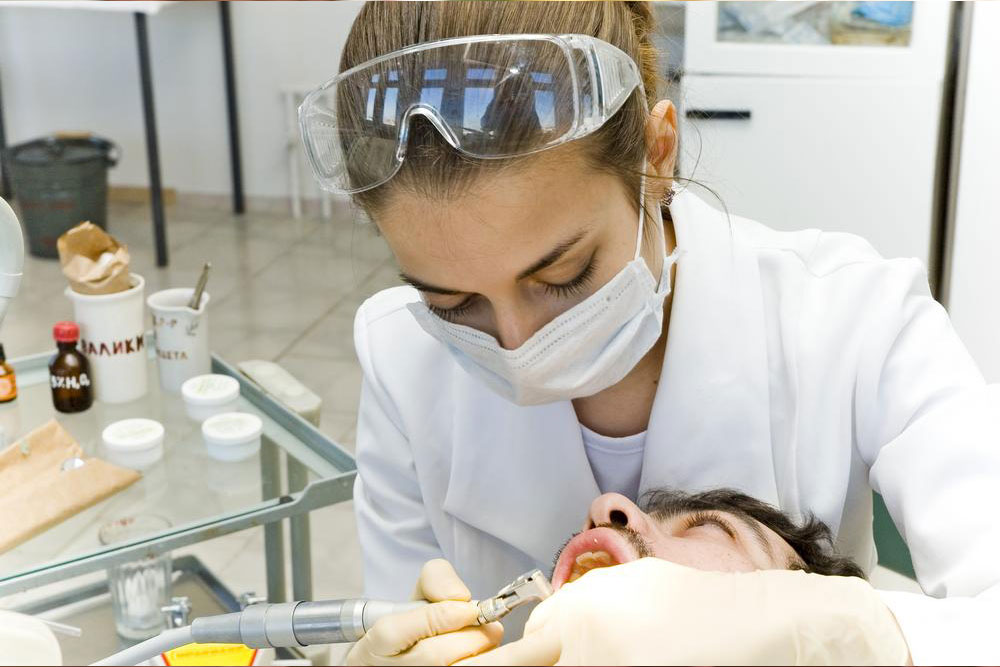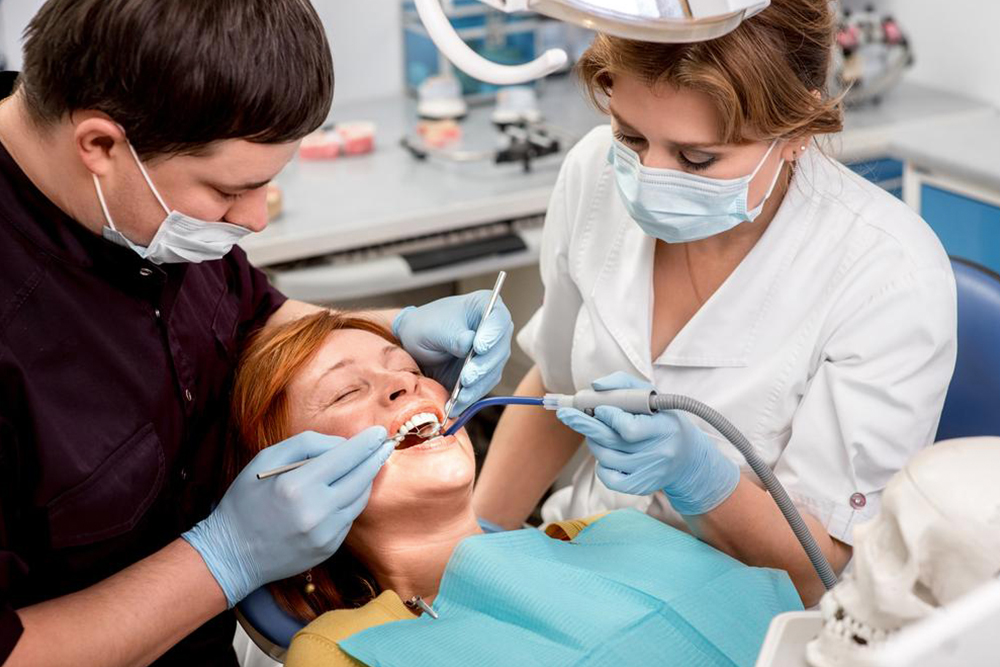Factors Influencing the Cost of Dental Implants
Discover the main factors influencing dental implant costs, including the number of implants, treatment complexity, and specialist expertise. Learn about different implant types, procedures, and regional price variations to better understand your options for affordable, long-lasting dental restoration.

Many people aspire to have a bright, confident smile. Dental implants are an effective solution for replacing missing or damaged teeth. These implants, usually made of titanium, are surgically placed into the jawbone to function as artificial roots. After healing, a custom prosthetic tooth is attached for restoring both function and aesthetics. The total cost of dental implant procedures varies based on factors such as the number of implants required, the complexity of the treatment plan, and the expertise of the dental professional.
Key Factors Impacting Dental Implant Expenses
The overall price is influenced by how many teeth need replacement, preparatory procedures required, and the choice of implant type.
1. Number of Implants Required
The quantity of missing teeth plays a major role in determining the total cost. Replacing single teeth tends to be less costly than restoring an entire arch.
2. Pre-Procedure Treatments
Additional interventions like bone grafts, gum treatments, or detailed imaging scans may be necessary before implant placement, increasing total costs.
3. Types of Dental Implants
Single Tooth Implant
This involves placing a single implant for one missing tooth. The process generally takes about 12 weeks, costing between £1,000 and £3,000 per tooth. Discounts may be available when multiple implants are done simultaneously.
Implant-supported Bridge
Ideal for replacing several adjacent teeth, a bridge supported by implants can cost around £10,000 for a four-tooth structure in one arch.
Full Mouth Replacements
Full arch solutions like All-on-4 or All-on-6 are suitable for comprehensive restoration, with costs approximately £50,000 for both jaws.
Zygomatic Implants
Used when upper jaw bone density is insufficient, these longer implants connect with the cheekbone, often at a higher cost than standard implants.
Same-Day Replacement Teeth
This approach provides immediate temporary teeth in a single visit, offering quick results.
Implants for Denture Stabilization
To secure dentures, implants can be used for stability, facilitating removal and cleaning.
Guided Surgery
Advanced 3D imaging and CAD/CAM technology allow precise implant placement using surgical guides, enhancing accuracy.
4. Dentist Experience and Location
The skill level of the dental surgeon influences costs. More experienced specialists may charge higher fees but can ensure better results. Location also impacts prices; for example, in Leeds, consultation fees range from £120-£150, with some clinics offering discounts.
5. Other Related Expenses
Additional procedures such as orthodontic treatments for aligning teeth might add to treatment costs. While implants are long-lasting, combining them with cosmetic or corrective treatments improves overall oral health and appearance. Despite higher initial costs, dental implants are a durable, lifelong investment that could be more economical over time compared to repeated repairs or replacements of other dental restorations.
Note:
The details provided are intended for informational purposes and should not replace professional dental advice. For personalized treatment plans and accurate cost estimates, consult licensed dental specialists. Prices may vary based on location and clinic. Always seek professional guidance for your dental needs.


